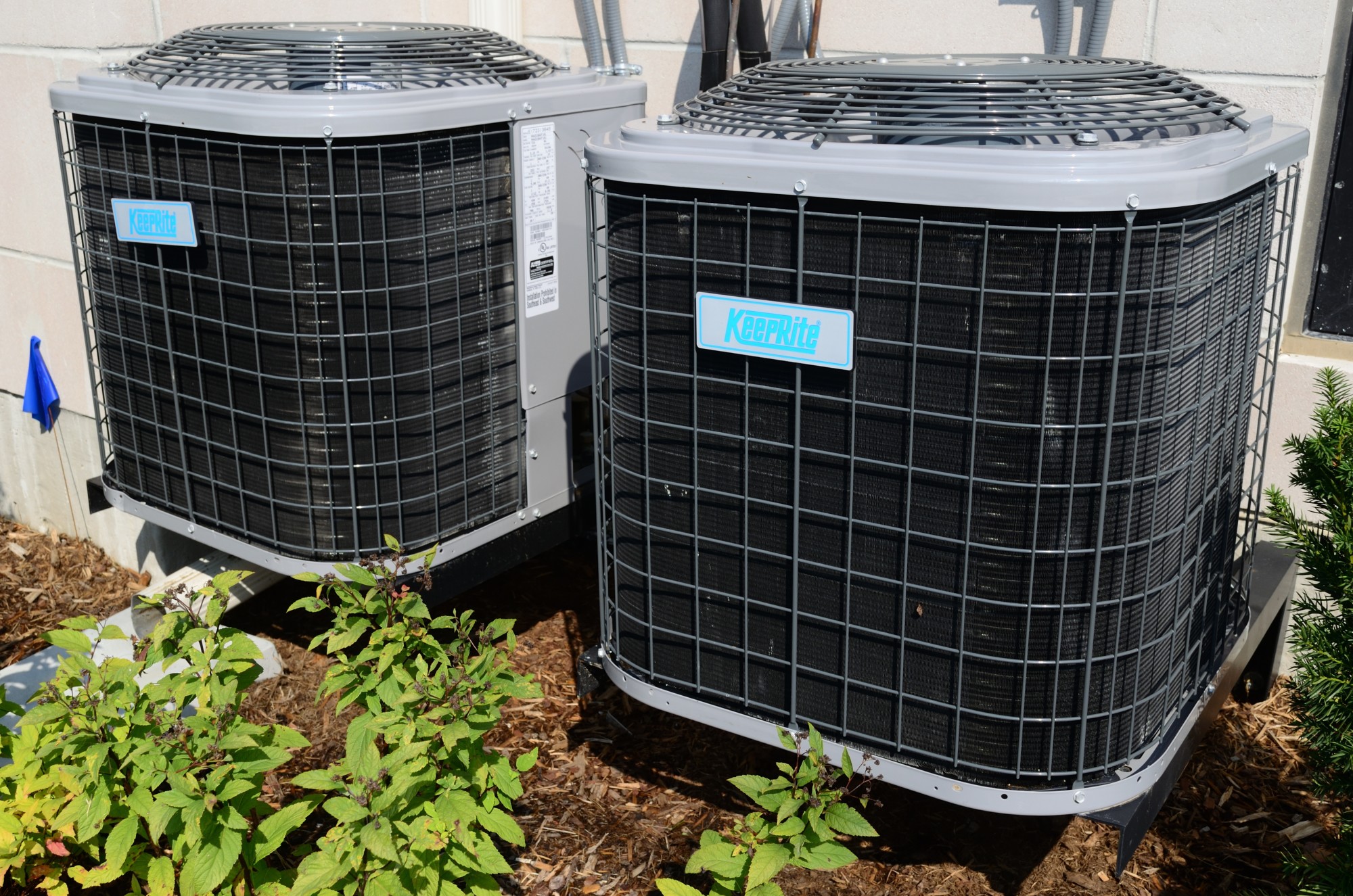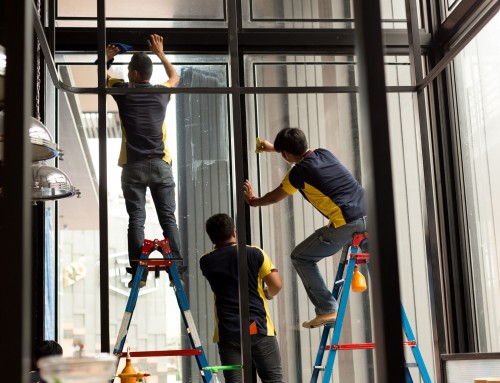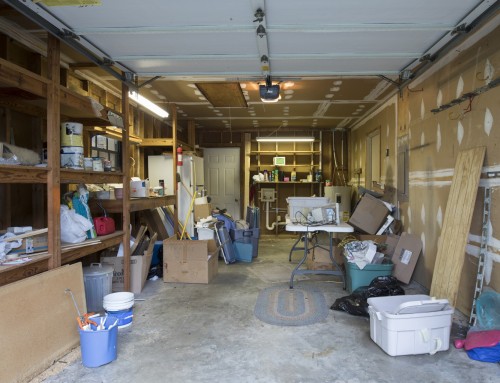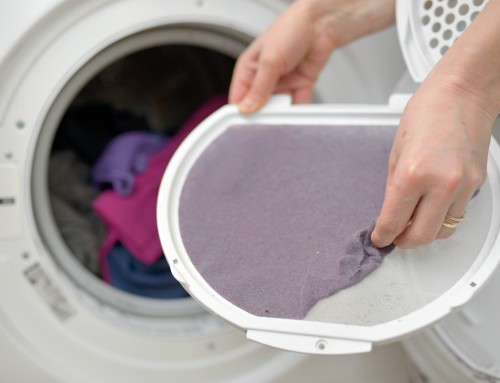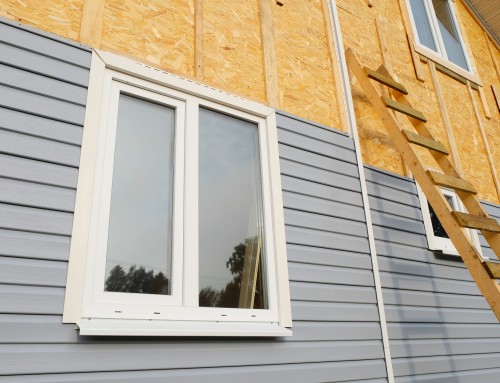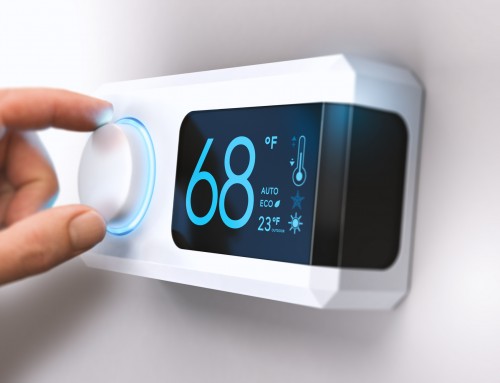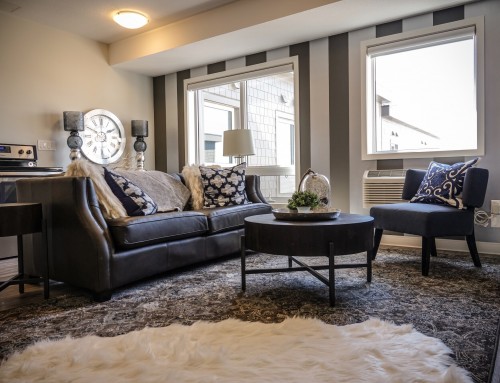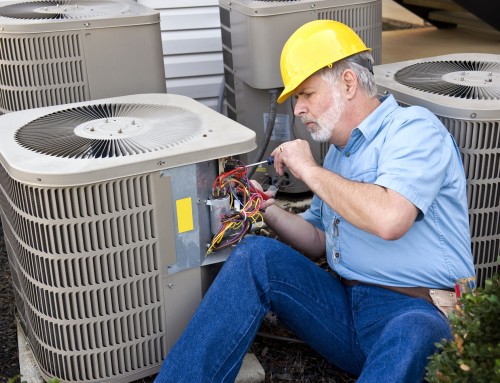It’s hot outside! That’s why good air-conditioning is so important.
Nothing’s worse than experiencing HVAC problems when you’re trying to stay cool. The key to keeping your home cooled is to learn some HVAC troubleshooting tips. If you’ve been having problems keeping your home cool, you’ve come to the right place for answers.
In this article, we take a look at common issues many homeowners face, such as AC running but not cool. Keep reading to learn some tips that just might save the day as the temperature continues to rise.
Dirty Air Filter
One of the most common problems with an HVAC unit that isn’t cooling a home properly is a dirty or clogged air filter. Cooling units process a lot of airflow, which carries plenty of dust and other particles that eventually build up in the filter.
Changing your air filter every two months or so is a great habit to get into. Filters are fairly cheap, so buy several and keep them on hand.
This practice will both keep your HVAC system running optimally and improve the quality of the air in your home.
Broken Thermostat
When you notice that your home isn’t staying cool, be sure to check your thermostat. The thermostat is responsible for maintaining the desired temperature in the house, and they often stop working. This results in the temp in the house not matching the temp you set at the thermostat.
Fortunately, thermostats are relatively inexpensive. Even a digital thermostat with various settings can be purchased at your local hardware store for a reasonable price.
Making sure you have a functioning thermostat is one of the best ways to ensure that your home remains cool and comfortable all summer long.
Leaking Air Ducts
The air ducts connected to your HVAC unit are responsible for distributing cool air through your home. But ducts often develop leaks, causing cool air to be lost. This makes the HVAC unit work overtime to produce cool air that isn’t reaching all the rooms in the house.
When things start heating up, do some investigating. Take the time to inspect your air ducts to see if you can locate tears or joints where the duct tape has begun to peel away. Even small gaps can allow a surprising amount of air to escape.
It’s a good idea to keep a roll of duct tape on hand to make minor repairs yourself. Or have an HVAC professional service your system to make any repairs to your ducts as needed.
Broken HVAC Fan
HVAC units are complicated machines with plenty of moving parts that can eventually fail. This includes the fan. When the HVAC fan quits working, the unit will be unable to circulate cool air throughout the house.
If you notice that your fan has stopped working, turn the power to the unit off immediately and make an appointment to have the unit serviced. An HVAC professional will have to determine if the unit can be fixed or will need to be replaced.
Dirty or Frozen Coil
The evaporator coil on your HVAC unit can eventually become dirty or freeze. This will make the unit have to work much hard to cool your home. You might even notice that it’s not blowing enough cool air to keep your entire house at a comfortable temp.
When you notice this happening, it’s best to place a service call as soon as possible before serious damage is done.
Here is a resource where you can find more information for quality HVAC service.
Home is Poorly Insulated
Another variable that can result in your home struggling to stay cool is the quality of insulation. Many homes lack proper insulation, thus they have trouble holding in the cool air in summer, and warm air in the winter. This is especially true of older homes.
Keep in mind that insulation plays a vital roll in maintaining a comfy home. An HVAC specialist can easily determine how well insulated your home is and then make suggestions for adding insulation if needed.
Adding insulation can make a huge difference in your energy bill every month and help extend the life of your HVAC unit.
HVAC Unit is Old
The simple reality is that all HVAC units will eventually get old and wear out. Modern units tend to be built to last longer, but they all have a limited life-expectancy, so don’t expect yours to last forever.
If you own an older home, and the HVAC unit is the original unit that came with the house, keep an eye on it. When it begins to struggle to cool your home, have an HVAC specialist make a service call to determine if the unit needs to be replaced.
Refrigerant Level is Low
Another key factor in keeping your home cool is to check that your HVAC unit has enough refrigerant. When refrigerant is low, the unit won’t be able to cool effectively. The unit will continue to work hard, but the house will simply get warmer and warmer.
This is a repair that requires professional attention, thus we recommend placing a service call the moment you notice your home is having trouble staying cool.
HVAC Unit Isn’t Receiving Power
Here is a final troubleshooting tip. When your house starts getting too warm, check that your HVAC unit is running.
Your cooling unit can simply stop running due to a loss of power. If you notice that it has stopped running, be sure to check the fuse box to see if a breaker has been thrown. And if everything looks fine, it’s time to place a service call so that a professional can determine if your unit needs to be replaced.
Important Tips for HVAC Troubleshooting
When it’s hot outside, you need to know that you can count on your air conditioner to keep your home nice and cool. That’s why HVAC troubleshooting is so important. The tips contained in this article can help.
Be sure to check out our website for solutions for your air conditioning needs.

